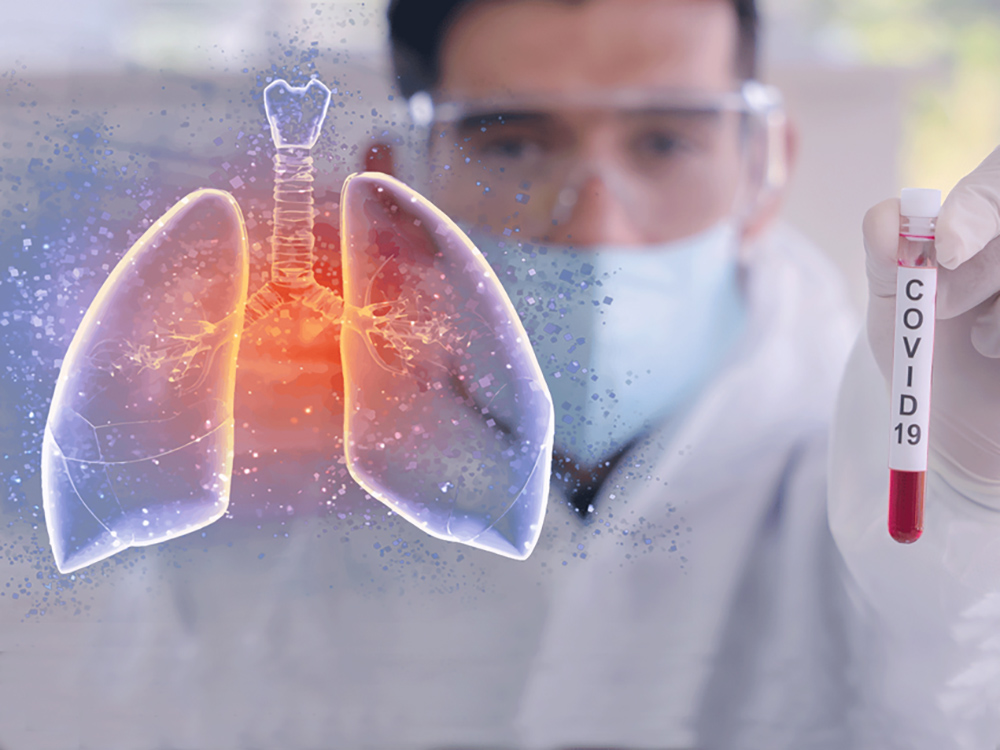Edited by: JV Staff
An Israeli-designed one-minute breath test to tell whether someone has coronavirus could soon be installed at hundreds of global entry points if it gets approval from the US Food and Drug Administration, according to the gvwire.com web site.
The clever contraption, which uses frequency to detect the deadly SARS-CoV-2, was designed by a team based at an Israeli university and has a success rate of more than 90 percent in trials to-date.
Current tests for the new coronavirus use throat or nose swabs and look for particles but the team led by Professor Gabby Sarusi at Ben-Gurion University of the Negev thought outside the box in terms of detection, as was reported by gvwire.com.
“Right from the beginning of the trials, we received statistically significant results in line with our simulations and PCR tests,” said Sarusi. “We are continuing clinical trials and will compare samples from COVID-19 patients with samples from patients with other diseases to see if we can identify the different stages of the COVID-19 infection.”
Bioworld.com reported that the test works with particles from a simple breath test or throat and nose swab, such as are already currently used for other COVID-19 tests.
These are then placed on a chip with a dense array of metamaterial sensors that was designed specifically for this purpose, as was reported by Bioworld. The system then analyzes the biological sample and produces an accurate diagnosis within a minute, via a cloud-connected system.
“We asked ourselves, since this virus is just like a nano-particle or a quantum dot with a diameter between 100 nm to 140 nm in terms of its size and electrical properties, can we detect it using methods from the worlds of physics, photonics and electrical engineering?” said Sarusi.
“We discovered that the answer is yes, this virus resonates in the THz frequency, and spectroscopy in these frequencies reveals it promptly,” he added, according to the BioWorld report.
A June 30th report in HaModia indicates that tests done on hundreds of patients in Israeli hospitals, among them Ichilov and Poriyah, point to an accuracy rate of over 90% for the new breathalyzer test. The test was developed with assistance from the Health Ministry.
Hamodia reports that the company says that the test identifies carriers of the virus who are asymptomatic from four days after being infected. The cost of the test is one dollar, whereas the cost of the actual kit is tens of thousands of dollars.
NanoScent is the Israeli company that has produced an examination kit, as was reported by HaModia. He company’s sensors combine digital technology with nanoscale materials, called chemiresistors, which change their electrical resistance in response to chemicals in the environment. If successful, the sensor will rapidly detect viral infections from breath exhaled through the nose, as was reported in HaModia.





